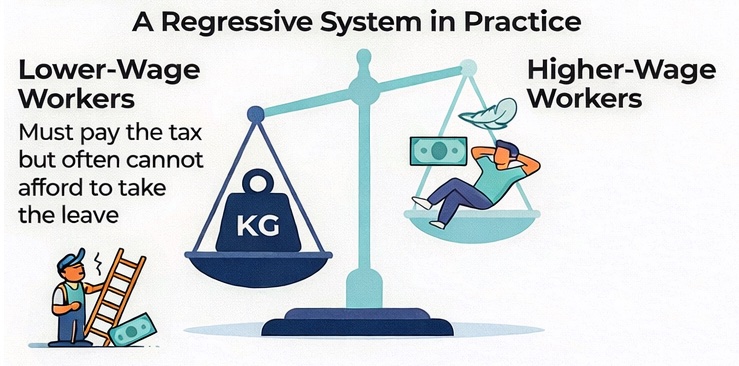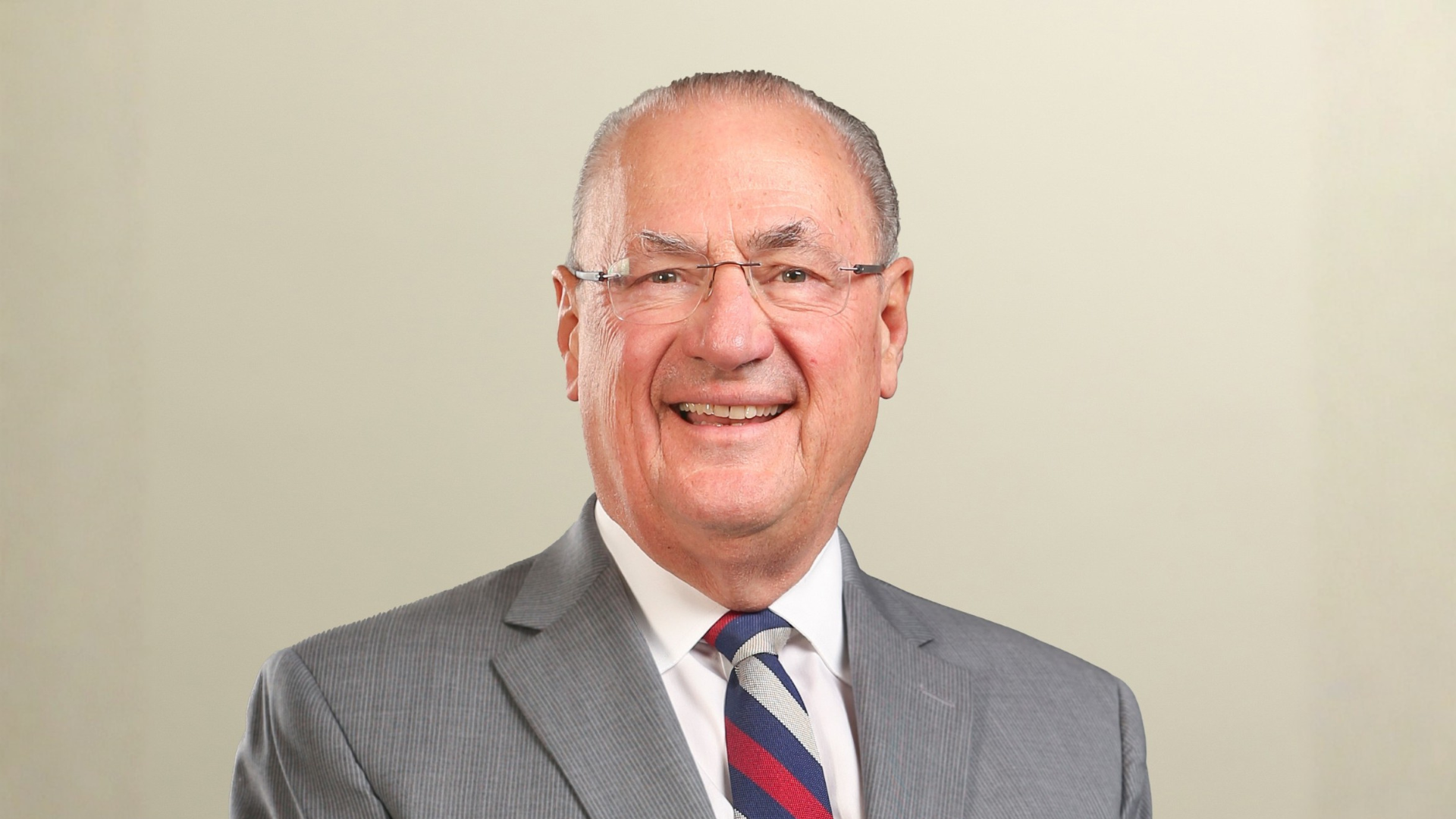On the heels of public criticism from former Starbucks International president Howard Behar and the president of El Gaucho Hospitality, another prominent Seattle restaurateur recently offered his own harsh criticism of the scheduling restrictions being considered by members of the Seattle City Council.
The regulations under consideration would require employers to give workers two or three weeks advance notice of scheduled shifts with extra “predictability” pay for shifts with less notice, guarantee shifts are scheduled at least 11 hours apart, guarantee existing employees have the opportunity to work any extra hours before additional part-time employees are hired and mandate workers be paid a minimum of four hours for any shift.
Dave Meinert, a self-described “lefty” who supported the city’s paid sick leave law and was appointed by the mayor to serve as a business representative on Mayor Murray’s Income Inequality Advisory Committee that negotiated the city’s new minimum wage law, recently ranted about the proposed restrictions in a Facebook post:
“[Seattle City Council members] are working on secure scheduling legislation the details of which could make jobs worse for non-union restaurant workers…This city council seems to hate small business and their staffs while paying lip service to them constantly but doing nothing to benefit them…
…This law is not being written to help our workers. It's being written to make non-union labor at major international companies more expensive than union labor, with the hopes of making companies like Starbucks go union. The problem with that is that the well meaning but naive councilmembers who also get most of their campaign money from unions, are screwing small business and their employees in the process. Guess who isn't part of the process - small biz owners and employees who work for them.”
In the same post, Meinert added:
“The problem with council is that labor is the largest donor to their campaigns and the council in return does their bidding. Follow the money. It’s more than obvious. None of the council members know how restaurants work. They know how campaign donations work though.”
Meinert makes a fair point. Labor unions have made limiting an employer’s ability to create new, part-time jobs a top priority. The two city council members leading the charge for restrictive scheduling regulations, Lisa Herbold and Lorena González, received significant contributions from unions during their campaigns last year. In fact, they were both among the top four recipients of unions’ nearly $129,000 investment in Seattle City Council races.





